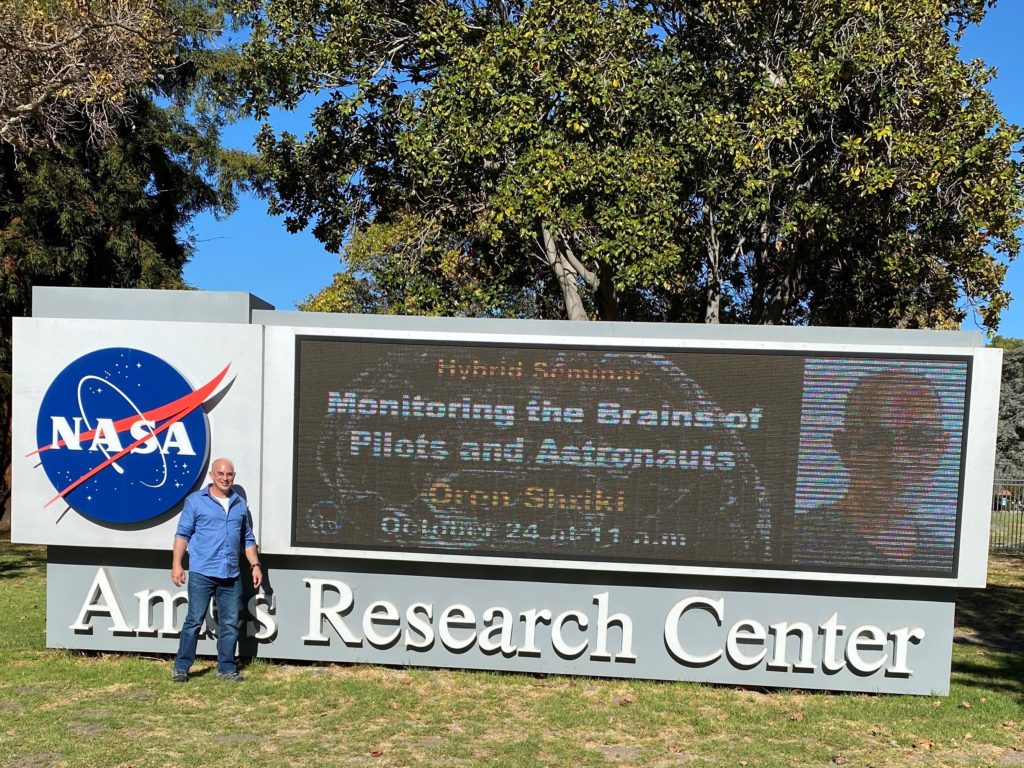
Protein Discovery Could Aide Parkinson’s Therapy
Protein Discovery Could Aide Parkinson’s Therapy
April 12, 2018
ISRAEL21c – A BGU-led international study featured on the cover of The Journal of Neuroscience in February holds the promise of advancing the field of cell-replacement therapy for people with Parkinson’s disease (PD), a disease that effects dopaminergic neurons in the brain that cause devastating motor symptoms for patients.
In the new study, BGU researchers discovered that proteins called BMP5/7 are essential for the embryonic development of dopaminergic neurons.
“Our results provide critical information that will help us to efficiently program stem cells to dopaminergic neurons, as well as help us reduce side effects after transplantation in cell-replacement therapies developed for Parkinson’s disease today,” says lead author Dr. Claude Brodski of BGU’s Department of Physiology and Cell Biology and the Zlotowski Center for Neuroscience.
The researchers also identified that the intracellular signaling protein SMAD1 plays a critical role in the process of dopaminergic neurons. Interestingly, SMAD1 is required for the development of substantia nigra neurons in particular, which are the brain cells that predominantly degenerate in patients with PD.




